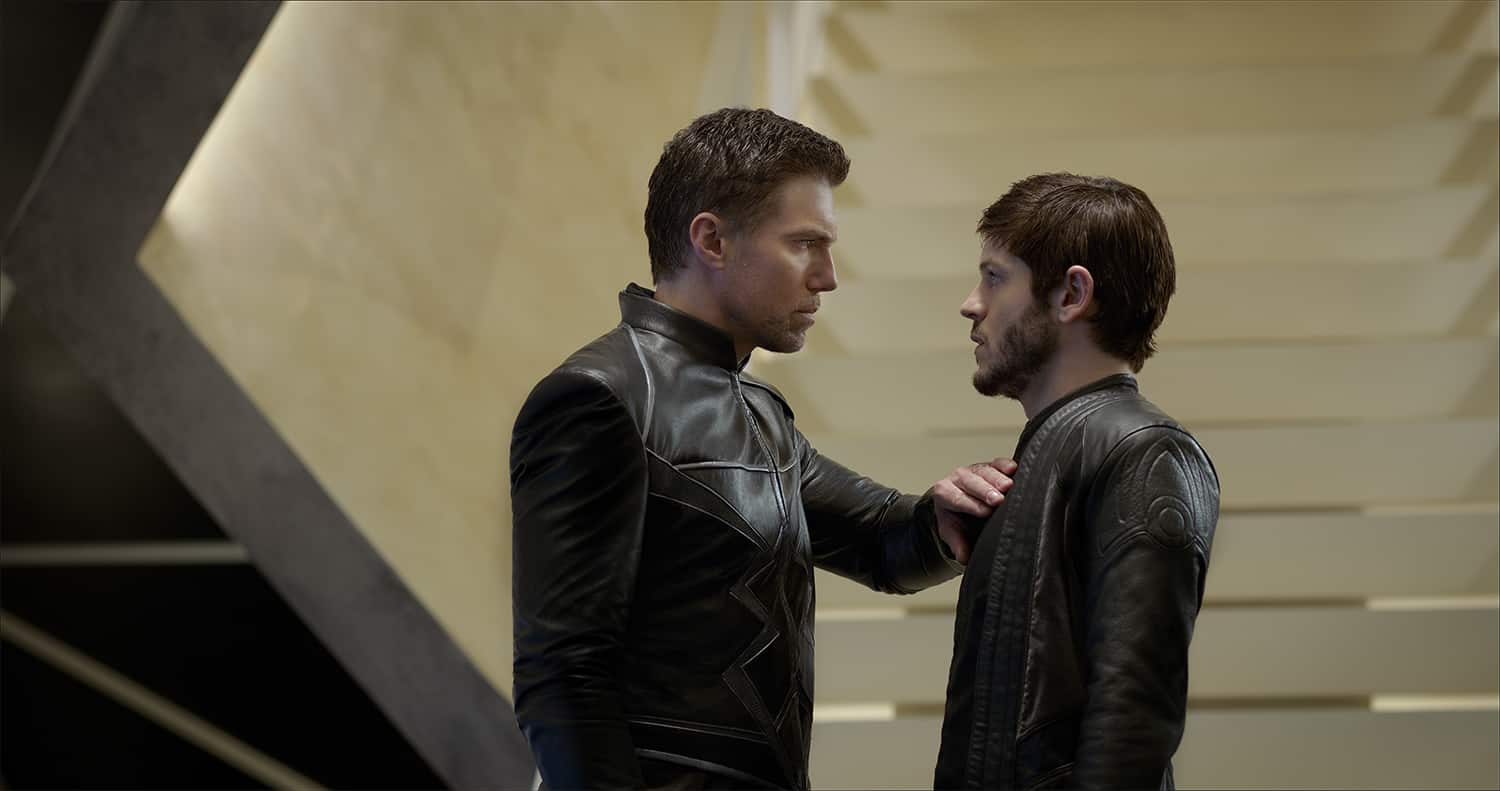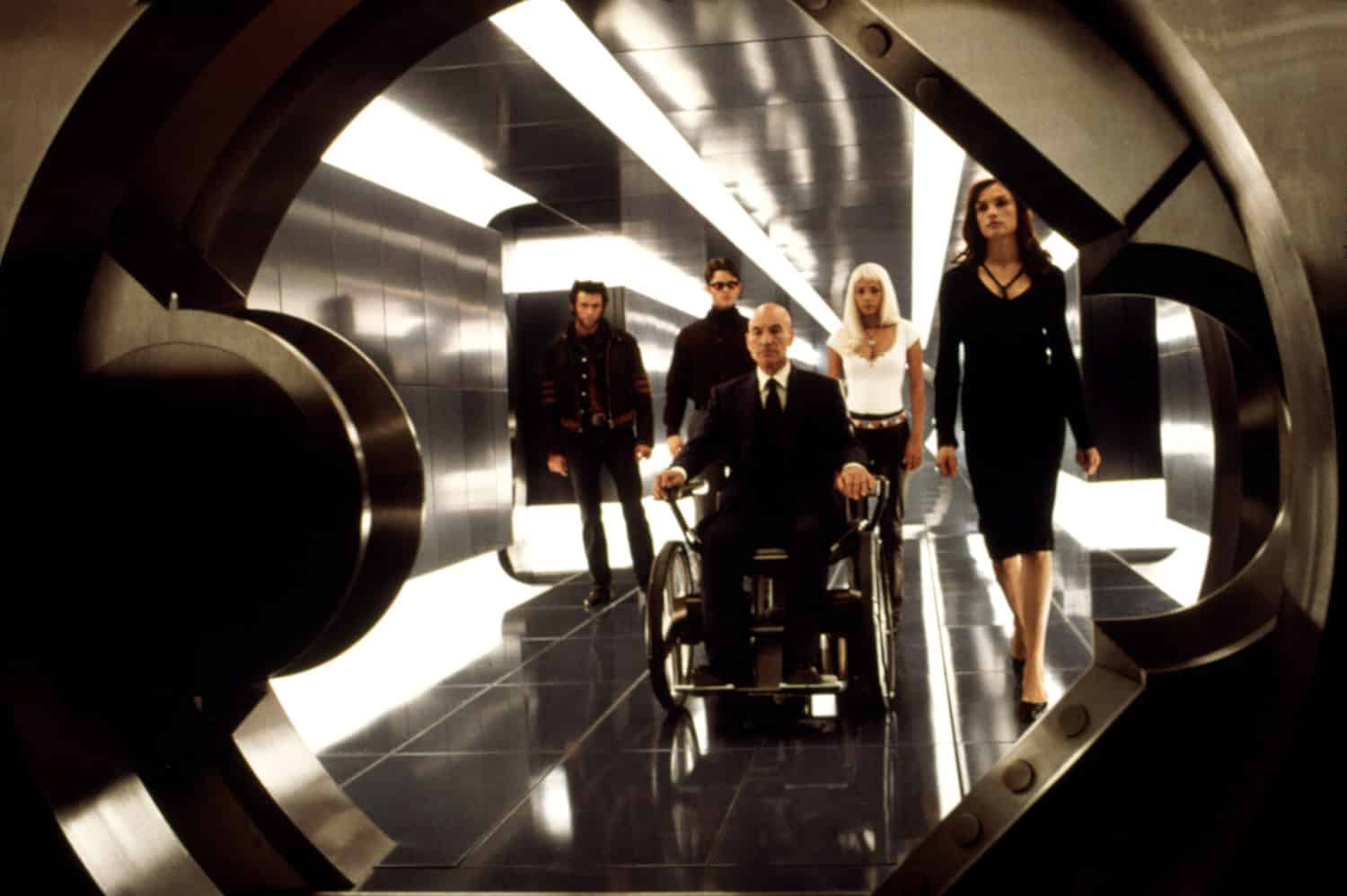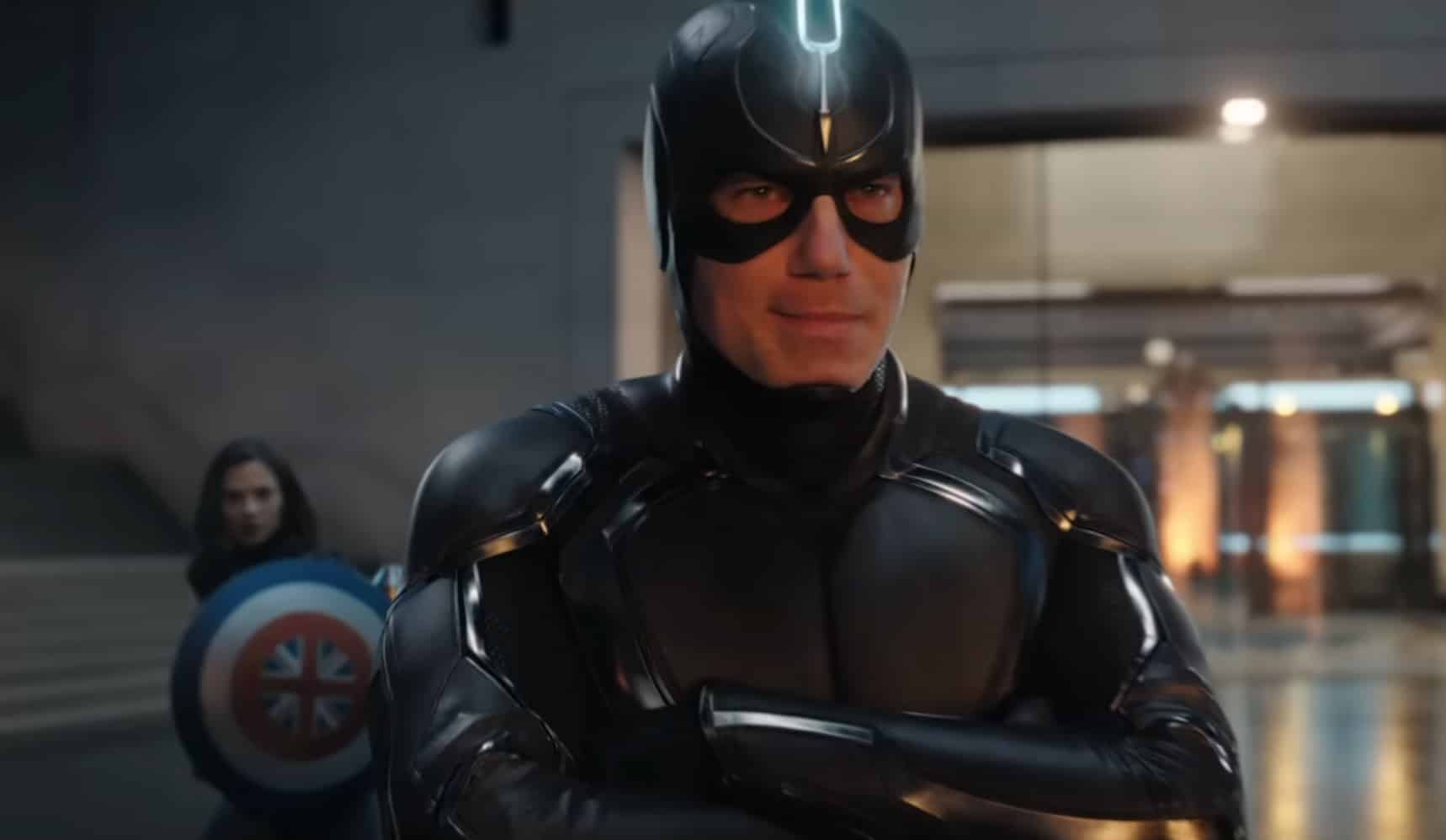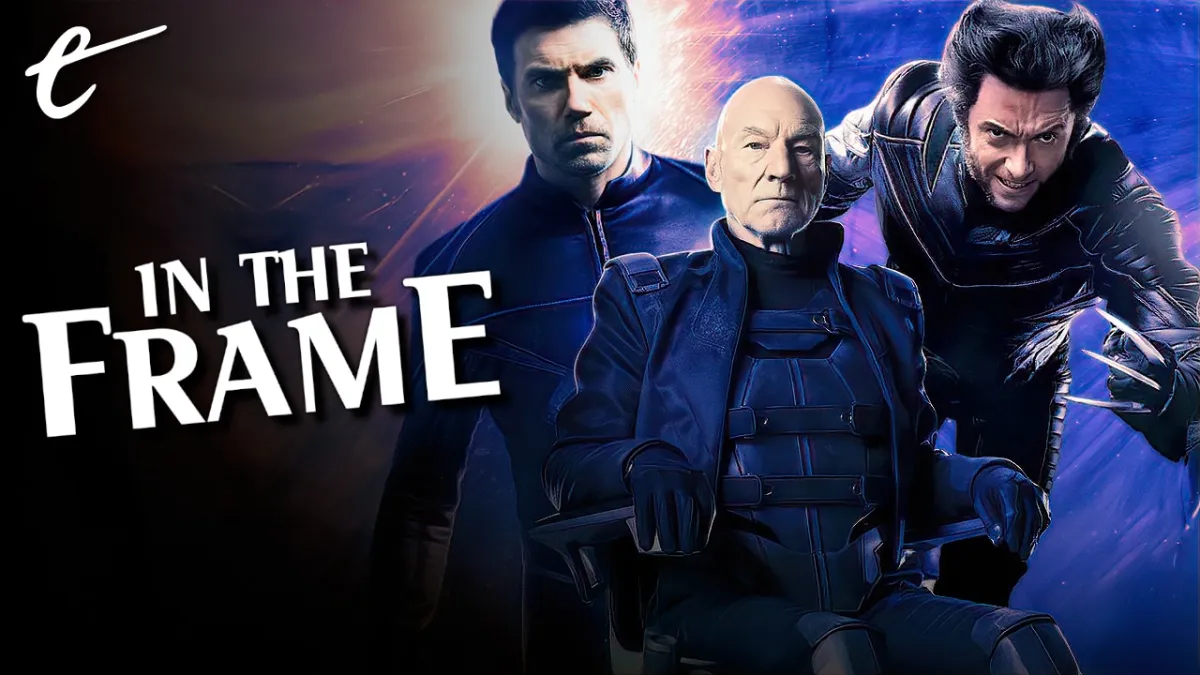Few comic book properties have had as hard a time in making it to the screen as the Inhumans, with last week’s season finale of Ms. Marvel serving as a final nail in the coffin for the multimedia ambitions of these comic book characters.
The Inhumans date back to December 1965. The superhero group was created by writer Stan Lee and Jack Kirby in the pages of Fantastic Four. It is not unusual for superhero characters to debut in other books. Many beloved and iconic comic book characters premiered in supporting roles in high-profile titles. Black Panther was introduced in the same comic just seven issues later and would go on to headline the first superhero film to earn a Best Picture nomination at the Academy Awards.
In March 2011, rumors began to circulate that Marvel Studios was developing a feature film around the Inhumans. In October 2014, Marvel confirmed that an Inhumans film would be part of Phase 3, with a release date penciled in for November 2018. The decision to build a film around a team of superheroes with minimal name recognition might have seemed like a gambit, but the studio had turned Guardians of the Galaxy from a bunch of unknowns into a critical and commercial success.
However, the Inhumans would have a rocky journey to the screen. In April 2016, the project was officially removed from Marvel Studios’ production schedule. The following month, ABC Entertainment Chief Channing Dungey stated that the television network was eager for more Marvel-related content to supplement Agents of S.H.I.E.L.D. and following the cancellation of Agent Carter. By that November, Inhumans was confirmed as a television show at ABC.
This felt like a bold departure, given ABC’s Marvel shows like Agents of S.H.I.E.L.D. or Agent Carter always felt more conventional and more grounded than the cinematic superhero fare. Even Netflix’s Marvel shows like Daredevil and Iron Fist tended to be more practical and mundane than a concept like Inhumans would seem to demand. This was before Marvel would reportedly spend upwards of $25M per episode on Disney+ series like WandaVision and The Falcon and the Winter Soldier.

The results were a rare humiliation for Marvel Studios. The reviews were brutal, describing the show as the company’s “first major disaster” and “first major misstep.” In a decision that now feels like hubris, the show’s first two episodes received a theatrical release in IMAX and grossed less than $3M worldwide. When it aired for free on ABC, it underperformed compared to the sitcoms (Last Man Standing and Dr. Ken) and the reality television (Shark Tank) that it had replaced.
Marvel was otherwise in the middle of what might be described as its “imperial phase.” Inhumans ran for just eight episodes, right in the middle of a cinematic run of critical and creative theatrical releases. In July 2017, Spider-Man: Homecoming brought Spider-Man (Tom Holland) into the Marvel Cinematic Universe. In November 2017, Thor: Ragnarok salvaged one of the studio’s troubled internal brands. In February 2018, Black Panther would break records and become a cultural phenomenon.
There is some suggestion that Inhumans was the victim of internal politicking. There were reports that the show’s quality was “a source of contention” between Marvel and ABC. Unconfirmed reports suggested that the feature film adaptation had been “deprioritized” as part of a tug of war between CEO Ike Perlmutter and president of production Kevin Feige. Perlmutter had lost control of the studio’s film unit in August 2015 and would be completely ousted by Feige in October 2019.
There are reasons why Perlmutter might have pushed so hard for an Inhumans film. Marvel had sold the license for its X-Men brand to Fox in 1994. At that time, the X-Men were arguably – along with Spider-Man, which was licensed to Sony in 1999 – the company’s biggest brand. Chris Claremont and Jim Lee’s X-Men #1 had sold eight million copies. X-Men: The Animated Series was a generational touchstone. Bryan Singer’s X-Men helped start the modern comic book blockbuster boom.

Because Marvel had licensed so many popular characters to other studios, when it announced plans to produce its own in-house feature films in September 2005, it was forced to work with the characters and titles that hadn’t been scooped up. This neatly coincided with an internal restructuring of the publisher’s comic book universe around those characters, with Brian Michael Bendis’ New Avengers making the team the “flagship” of the company’s universe for the first time.
There is a tendency to think of modern comic books as something of a factory farm of intellectual property. Popular ideas – like Bucky Barnes (Sebastian Stan) as the Winter Soldier or Jane Foster (Natalie Portman) as Thor – inevitably make the leap from one medium to another. However, the relationship is more symbiotic than this might suggest. Often, comic book publishers will decide to nurture or curtail individual properties based on their potential profitability in other media.
Because Fox controlled the rights to the X-Men, there was no real advantage to Marvel investing time and energy in potential raw material for cinematic adaptations at a rival studio. This isn’t just idle conjecture; it is supported by accounts of those who work in the industry. Jonathan Hickman acknowledged it was “common knowledge” that Marvel stopped publishing Fantastic Four as part of a dispute with Fox. Hickman separately confirmed a similar restriction existed with the X-Men.
Whether intentionally or otherwise, Fox’s stewardship of the X-Men license found the property marginalized within the publisher’s fictional universe. Grant Morrison’s revolutionary New X-Men run was immediately retconned. The number of mutants within the shared universe was cut dramatically to just under 200. Previously mutant characters like the Scarlet Witch (Elizabeth Olsen) were retconned so that their connections to the X-Men brand were severed.

Around the same time, Marvel began restructuring and reworking the Inhumans as a concept. Many observers noted that Marvel was positioning the Inhumans to replace the X-Men within the larger structure of its universe. Chris Claremont pointed out how this was obviously advantageous to Marvel Studios. The metaphor even became text in events like Inhumans vs. X-Men and Death of X, built around the idea that Inhuman Terrigen Mists were literally lethal to mutants.
Following the events of Inhumanity, which premiered in December 2013, inhumanity became similar to mutation. It was a way for writers to quickly explain a given character’s superpowers without needing a complicated origin story. In the past, such a character would just be a mutant. However, according to Chris Claremont, it was now “forbidden to create new characters” within the X-Men brand, so those new characters could be created as Inhumans.
Kamala Khan (Iman Vellani) is perhaps the most important character to emerge from this restructuring, a teen hero created by writer G. Willow Wilson, along with artists Adrian Alphona and Jamie McKelvie, as an Inhuman. The character was a genuine breakout, a successful attempt to update the classic Spider-Man teen hero template for the modern world. It’s no wonder that she would make the leap to live action relatively quickly, headlining her own streaming show on Disney+.
However, following Disney’s acquisition of Fox and its reclaiming of the cinematic rights to X-Men adaptations, the company has no need of the Inhumans. So, it is no surprise that the Marvel Cinematic Universe has been erasing the Inhumans to promote the X-Men. While Charles Xavier (Patrick Stewart) gets a big introduction and final set piece in Doctor Strange in the Multiverse of Madness, Black Bolt (Anson Mount) blows his own brains out. Ms. Marvel reinvents Kamala as a mutant rather than an Inhuman.

There is perhaps something a little embarrassing in how eager Marvel Studios is to affirm its ownership of the X-Men brand, dropping heavy-handed cues from the theme song to The Animated Series in both Multiverse of Madness and Ms. Marvel, before it produced a single X-Men film. When Fox’s X-Men films incorporated the leitmotif, they did so subtly. In contrast, Marvel Studios is revving the engine of a fancy new sports car before it’s even taken it out of the driveway.
It is easy to miss in all this that a large part of Marvel Studios’ initial success came from having to make do with what it had rather than relying on more popular characters. Many of the best Marvel films work because they have to work to win the audience’s affection for these lesser-known heroes. In contrast, allowing for the company’s cooperation with Sony on the recent Spider-Man trilogy, Marvel Studios has never really had a property with the gravity of the X-Men.
It is also possible to overlook the Inhumans themselves. These characters deserve better. Although they are less popular than the X-Men, they have a rich history that deserves celebration. Paul Jenkins and Jae Lee took home an Eisner Award in 1999 for their Inhumans miniseries. They were a key part of the cosmic epic crafted by Andy Lanning and Dan Abnett, in particular War of Kings. If Guardians of the Galaxy can work as a multimedia franchise, there’s no reason why the Inhumans shouldn’t.
Much of Marvel Studios’ brand is built around the perception that it has a deep-seated respect for the source material that has made the company billions of dollars. It will be interesting to see whether that respect extends to less popular properties now that its most iconic brand is back under its control.





